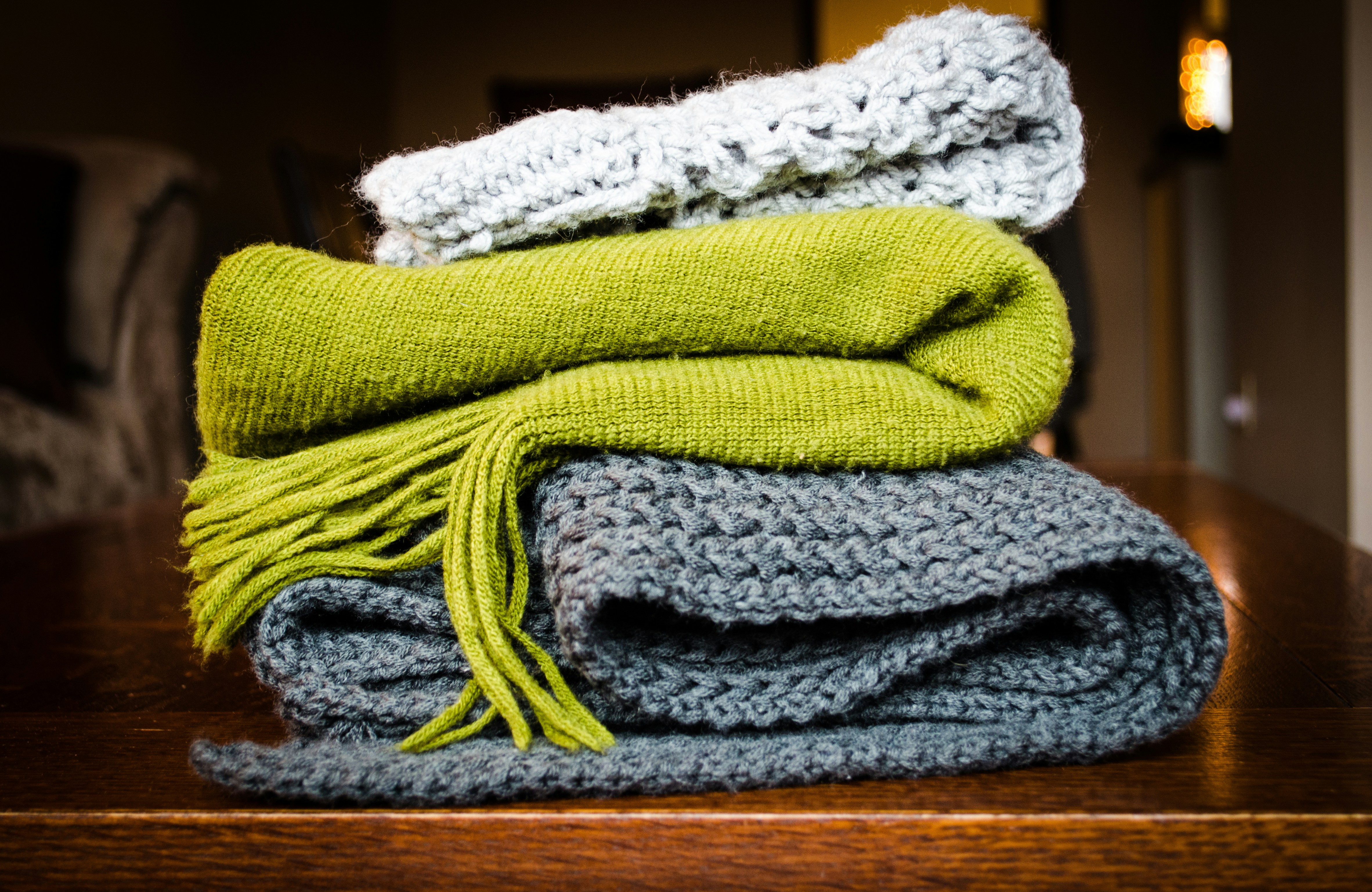If you live in an area that experiences cold winters, you know how expensive it can be to heat your home and stay warm. Regardless of whether your home is heated with electric, propane, or natural gas, there are steps you can take to lower your energy costs through the winter months while still keeping your family warm and cozy.
Here are seven ways to stay warm without spending a fortune
1. Shop around for energy providers

Regardless of the type of energy your home utilizes, there are likely multiple energy providers. Checking out all the energy companies in your area may show you cheaper options that you were not aware of before. For example, if you have an all-electric house, you may be able to get subsidies towards converting your home to gas. If you use propane, you can shop around to get the best propane price. Many areas are now allowing customers to choose where their energy company buys their supply, which can lead to lower prices.
2. Have your insulation checked

The more energy-efficient your home is, the less you are going to spend heating your house. The first step to making your home more efficient is checking the insulation to make sure your home is adequately insulated. Poor insulation can lead to drafts and heat loss throughout the house. The more heat you are losing due to poor insulation, the more your furnace or boiler is doing to run trying to keep your home warm. Ensuring your house holds heat well means not having to run your furnace as much.
3. Check your windows

Windows are one of the most significant areas of heat loss in a house. You may be losing heat through the window frames if they are old wood frames, the seals are not good, or the chalk is cracked and coming loose. You may also be losing heat through the glass if they are single-pane windows. New vinyl windows are the best option but present a significant investment. Re-chalking windows or even putting up thermal curtains can help control possible heat loss.
4. Check your door

Next to the windows, doors are the second most significant area of heat loss. Ensuring there are no gaps between the door and the frame will help tremendously. Using a draft blocker at the bottom of the door can also significantly cut down on heat loss through the door. Old wood doors may cause a loss of energy and should be replaced with a newer steel or vinyl door.
5. Address problem areas

Other than doors and windows, the problem areas in your home may vary based on the features or type of home you have. For example, crawl spaces, basements, and attics can all be problem areas for heat loss. Have your house inspected to see what areas of the house are losing the most heat, and address those problems directly. Addressing problem areas may involve getting new or better insulation, which we mentioned. It may mean closing off areas of the house you don’t need to use through the winter months.
6. Use blankets

It’s a bit of a no-brainer, but it’s still a good solution. If your family still gets chilly, instead of turning up the heat, you can throw them a blanket. Even when the house is kept at an acceptable temperature, you may feel cold due to the wind and dreary weather. Sometimes wrapping up in a cozy blanket can make you feel significantly warmer and more comfortable.
7. Wear warmer clothes

How you dress even around the house significantly impacts your body temperature, and the perceived temperature in the house. Wearing a sweater, cozy pants, a sweatshirt, or a scarf, like one you can find at Chico’s, can make you feel warm and cozy regardless of the actual temperature. You can avoid having to turn up the heat by buying your family members some warmer clothes to wear throughout the winter. You can find beautiful scarves in all different patterns and styles for each member of your family.

